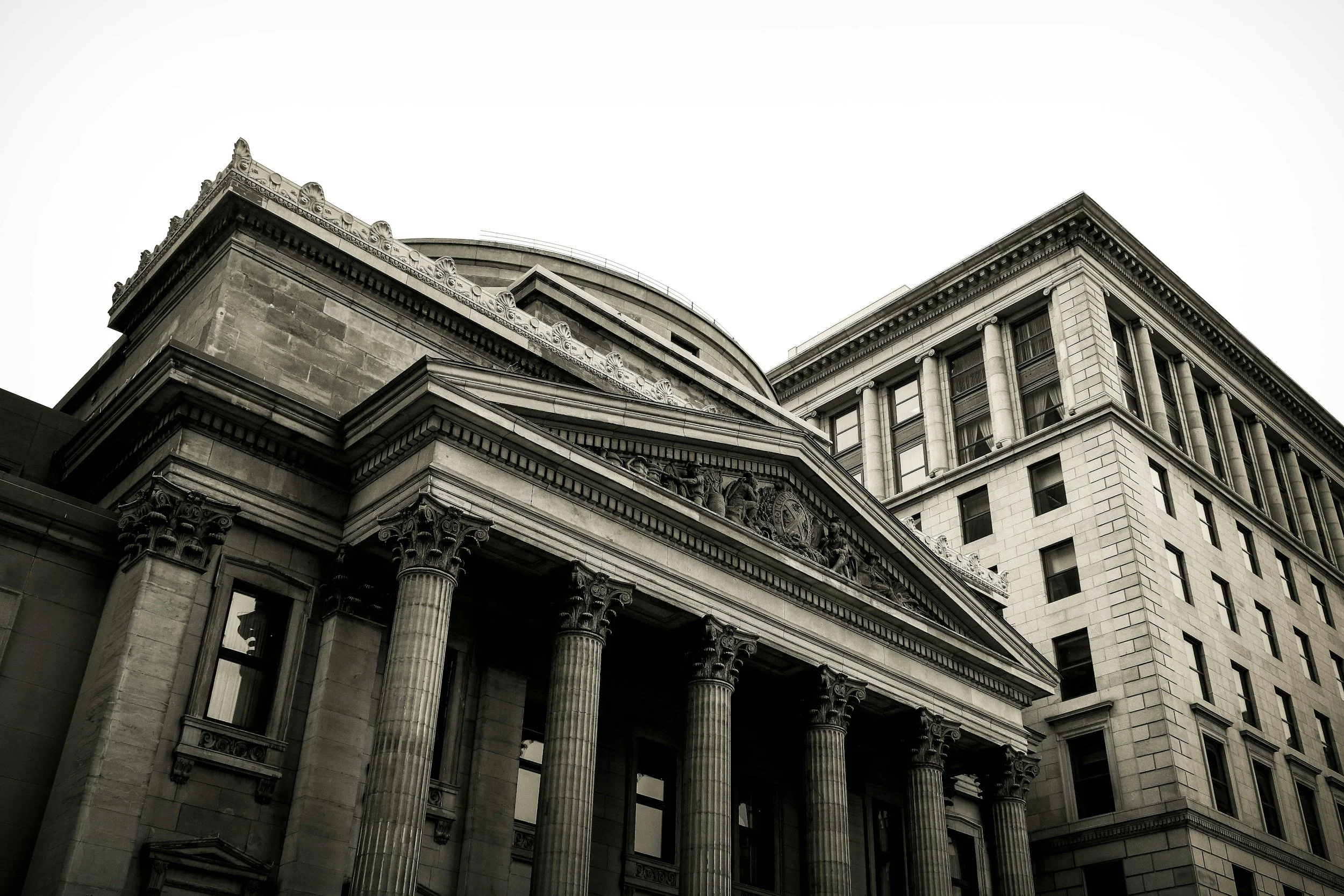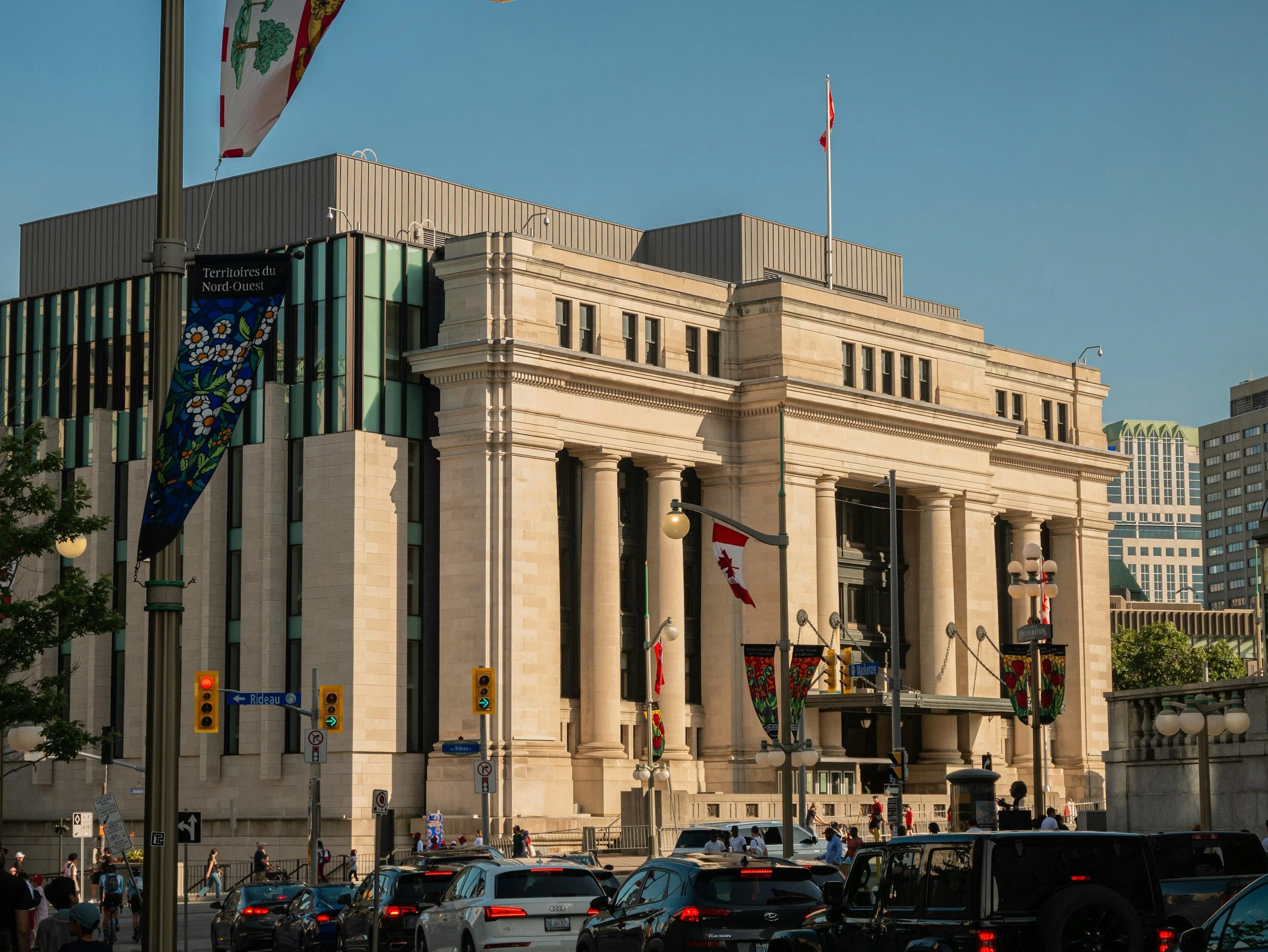The Pros and Cons of Buying a Fixer-Upper in Ottawa

Are you considering purchasing a fixer-upper as your next home? While the idea of transforming a diamond in the rough into your dream home can be enticing, it's essential to weigh the pros and cons before making a decision. In this blog post, we'll explore the advantages and drawbacks of buying a fixer-upper to help you make an informed choice.
Pros:
Affordability:
Fixer-uppers are often priced lower than move-in-ready homes, allowing you to purchase property in a desirable location at a more affordable price point.
With a lower initial investment, you may have more flexibility to customize and renovate the home according to your preferences and budget.
Personalization:
Buying a fixer-upper gives you the opportunity to personalize your home to suit your tastes and lifestyle. You can choose design elements, materials, and finishes that reflect your unique style and vision.
From layout modifications to cosmetic upgrades, you have the creative freedom to tailor the home to meet your specific needs and preferences.
Potential for Equity:
Renovating a fixer-upper has the potential to increase the property's value over time. By investing in strategic upgrades and improvements, you can build equity and potentially realize a higher return on investment when it's time to sell.
As you enhance the home's condition and appeal, you may attract more buyers and command a higher sale price in the future.
Learning Experience:
Taking on a fixer-upper can be a valuable learning experience, especially for DIY enthusiasts or those interested in home renovation projects.
From tackling minor repairs to overseeing major renovations, you can gain valuable skills and knowledge that can be applied to future home projects or investments.
Cons:
Time and Effort:
Renovating a fixer-upper requires a significant investment of time, effort, and energy. From planning and budgeting to executing repairs and renovations, the process can be time-consuming and labor-intensive.
Depending on the scope of work needed, renovations may disrupt your daily life and require temporary relocation or accommodation arrangements.
Unforeseen Costs:
One of the biggest risks of buying a fixer-upper is the potential for unforeseen costs and budget overruns. Hidden structural issues, code violations, or unexpected repairs can quickly add up and strain your renovation budget.
It's essential to conduct a thorough inspection and budget for contingencies to mitigate the risk of financial surprises along the way.
Stress and Uncertainty:
Renovating a fixer-upper can be stressful and emotionally taxing, especially if unexpected challenges arise during the process.
Dealing with delays, contractor issues, and the uncertainty of renovation timelines can take a toll on your mental well-being and test your patience.
Resale Challenges:
While renovating a fixer-upper has the potential to increase the property's value, there's no guarantee that you'll recoup your investment when it's time to sell.
Market conditions, location factors, and buyer preferences can influence the resale value of your renovated home, making it challenging to predict future returns.
Buying a fixer-upper offers both opportunities and challenges for homeowners. It's essential to carefully evaluate your financial situation, renovation skills, and lifestyle preferences before embarking on a fixer-upper project. With thorough planning, realistic expectations, and expert guidance, you can turn a fixer-upper into the home of your dreams while maximizing its potential for long-term value and appreciation.






























